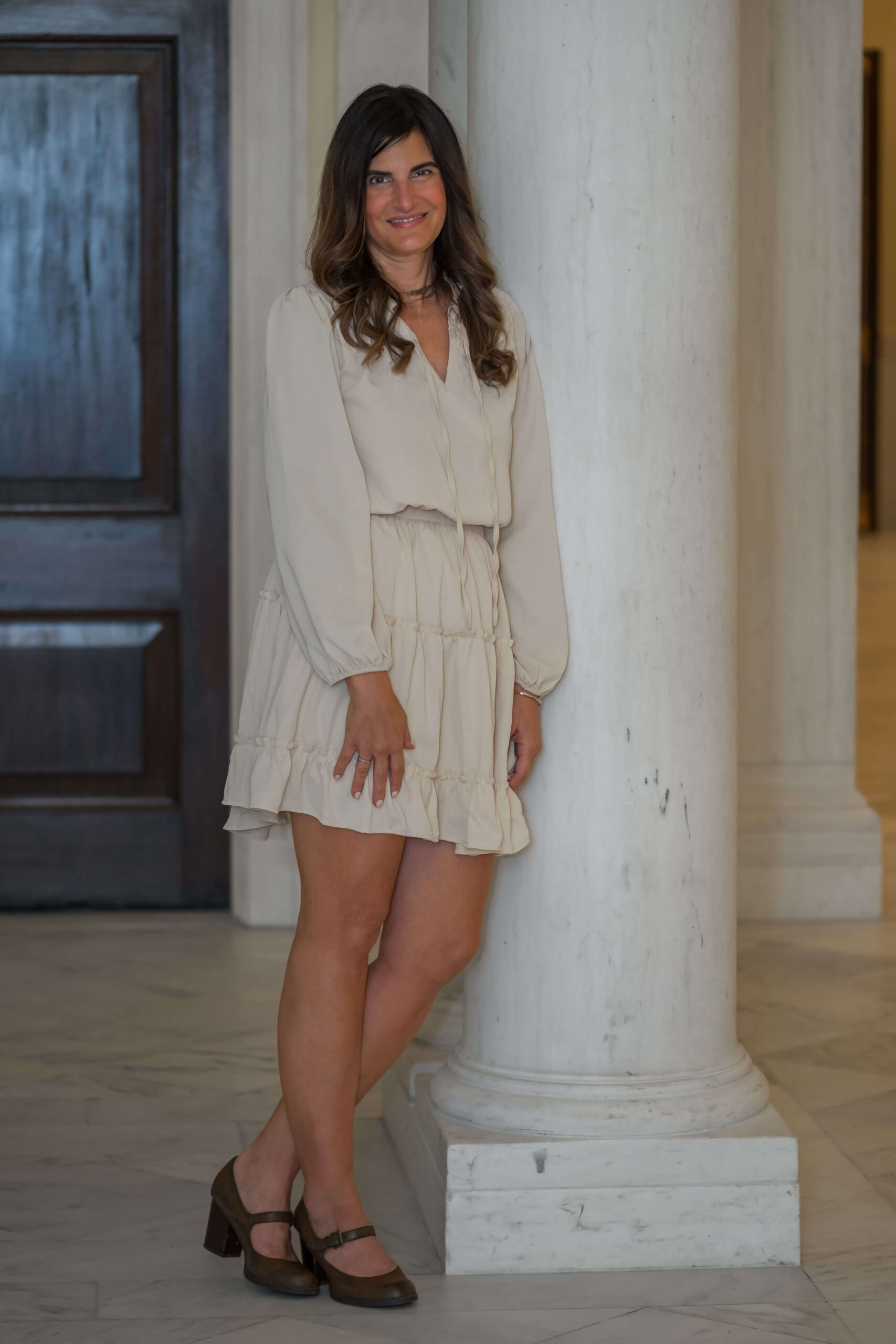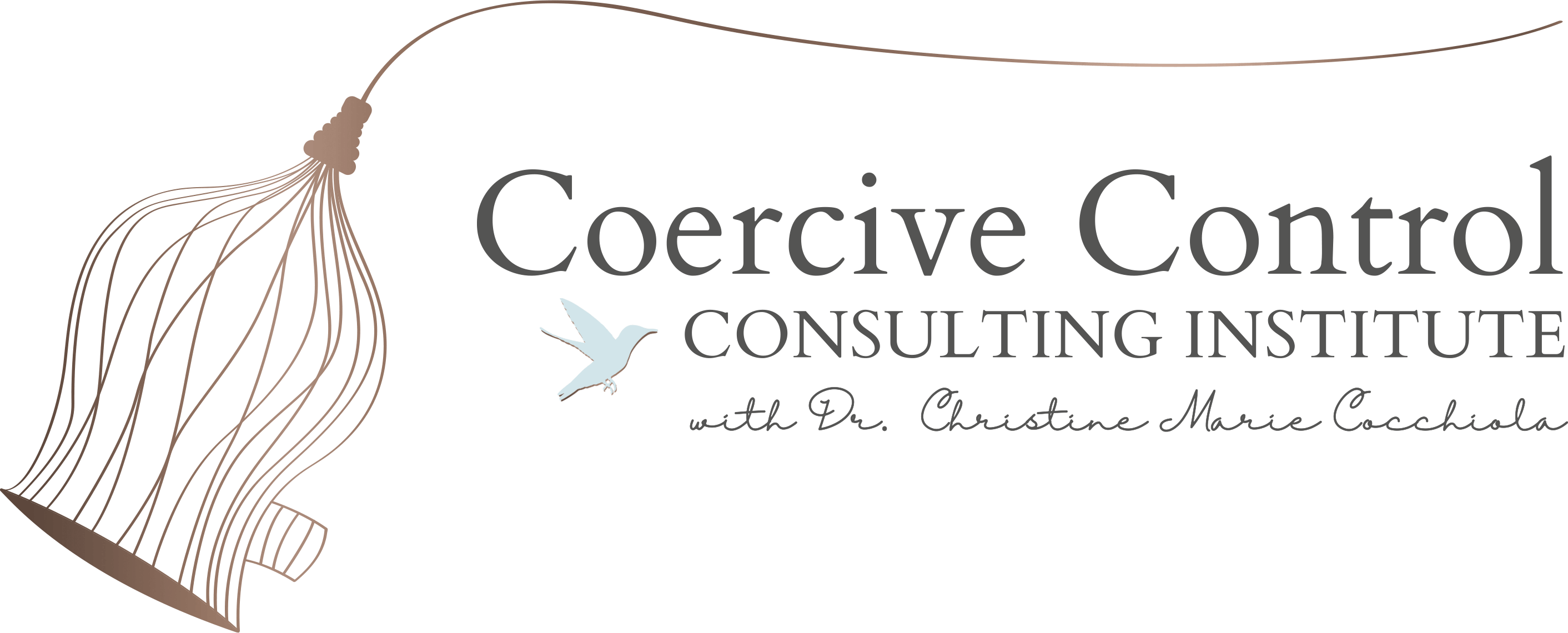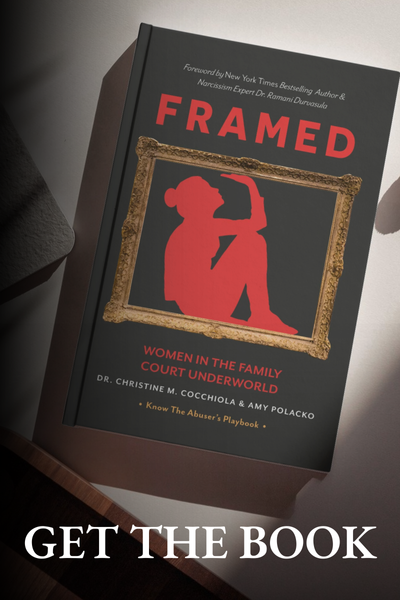About the Founder
Coercive Control Institute Founder Dr. Christine Marie Cocchiola, DSW, LCSW is a Coercive Control Educator, Speaker, Clinician, Coach, and Survivor. She is a tenured college professor teaching social work for the last 20 years and has been a social justice advocate since the age of 19, volunteering for local domestic abuse/sexual assault agencies.
Dr. C supports Protective parents navigating coercive control - as well as professional training for individuals seeking education regarding coercive control advocacy and coaching.
Most importantly, Dr. C is a Protective Parent. Through her own clinical expertise, research, and personal experiences, she understands the insidious impact of coercive control on children. She works privately with clients and has created courses to educate allies, including protective parents, clinicians, coaches, and court professionals on the experiences of children, victims of the coercive controller.
Dr. C is a Founding Member of the International Coercive Control Conference and a prior Board Member of the National Coalition Against Domestic Violence. She has actively supported codifying coercive control, writing numerous policy briefs supporting these efforts.


